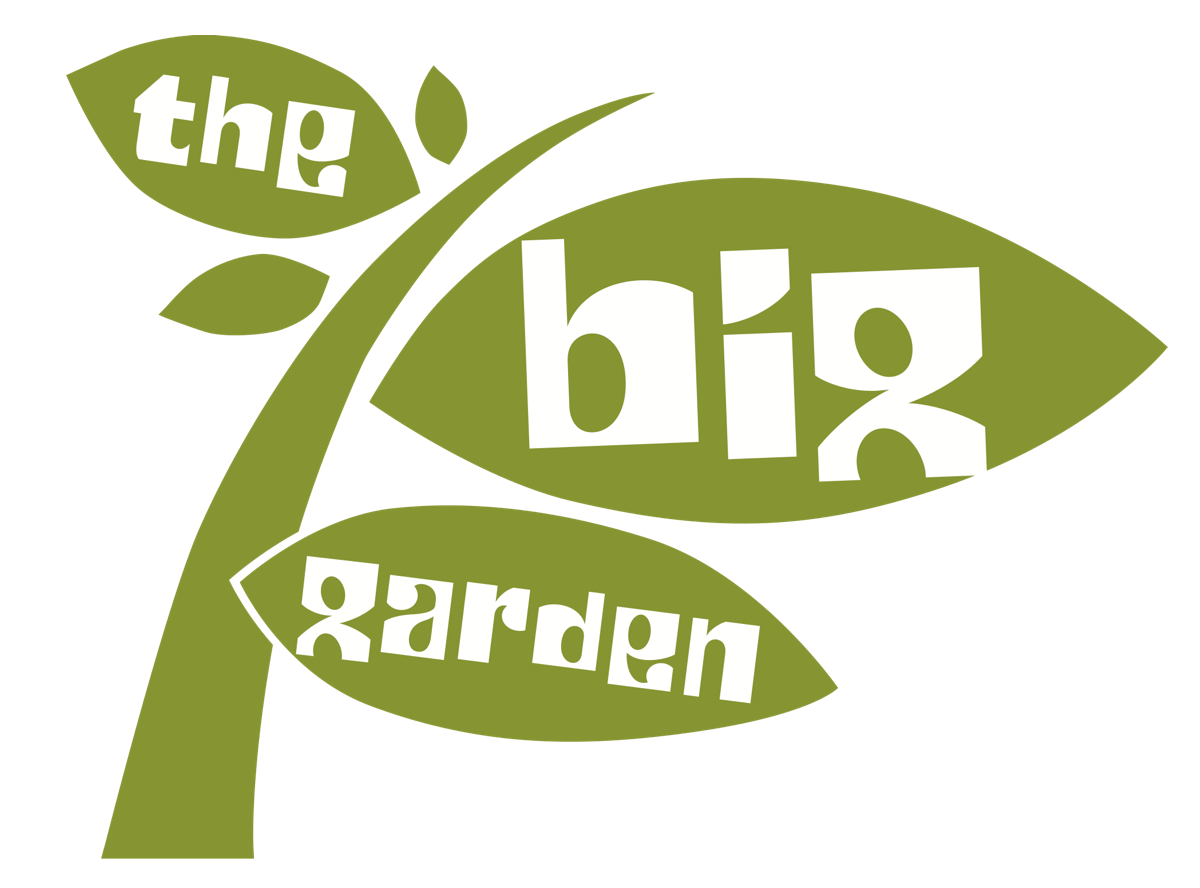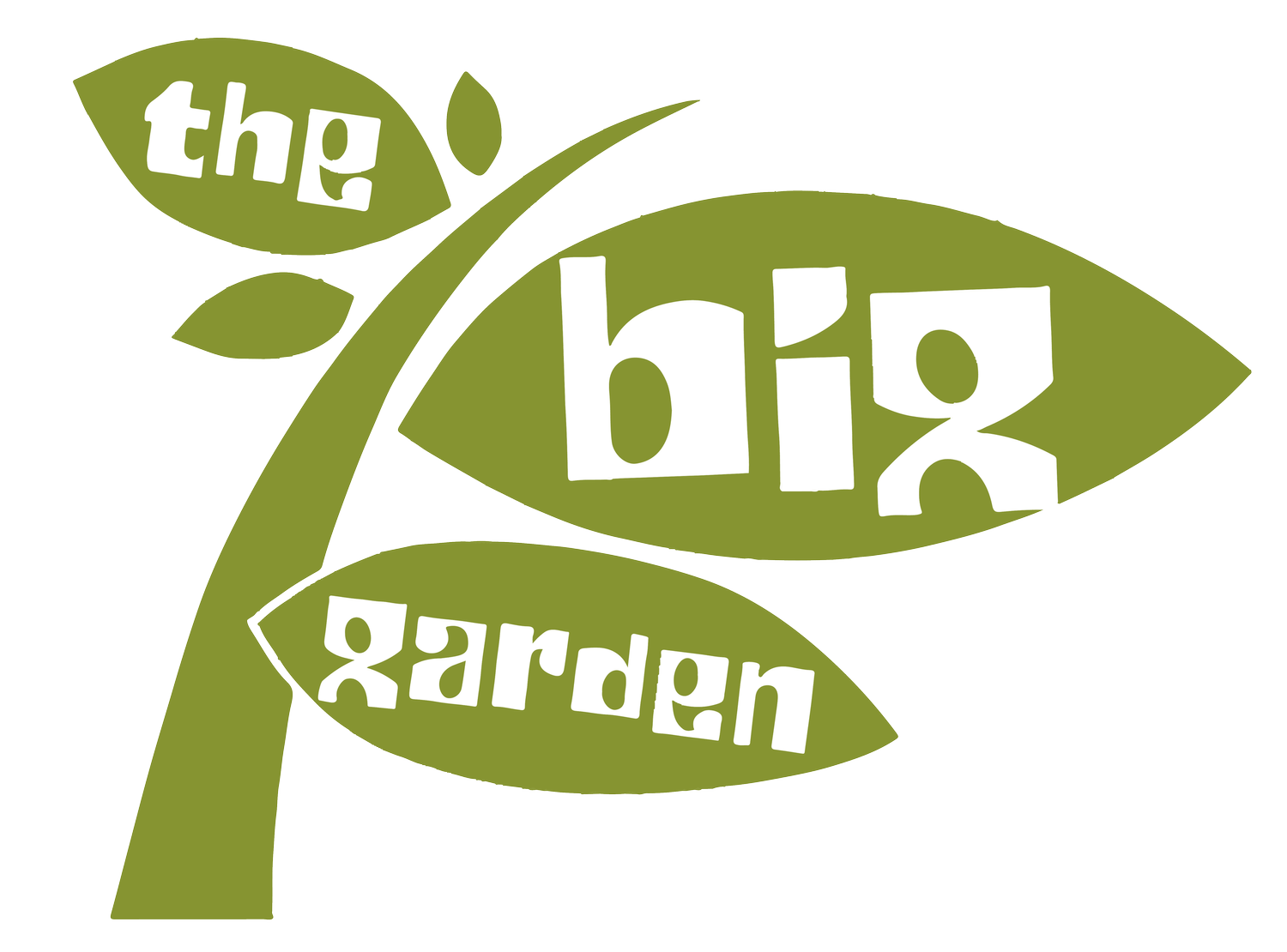Re-Localizing Omaha's Food System
by Dawaune Lamont Hayes, guest blogger
Where does your food come from? Who is the person who grew or picked it? Chances are you don’t know the answer to those questions and you aren’t alone. Most Americans are thousands of miles away from where their food was grown and this fact alone puts us all in a rather precarious situation.
The distance between us and our food source does a number of things to our bodies and minds. First, it leads us to expect and use foods that do not grow seasonally in our particular climate, which puts a lot of pressure on the food system to supply things like strawberries out of season.
This disconnection also puts more pollution in our environment through CO2 emissions, pesticides, and herbicides, and wasted food product that doesn’t make it to market. Ultimately we waste more food than we eat and that waste is reflected in the prices we pay in-store.
If we truly wish to establish and reclaim our power as communities, we ought to start with our food. If we control the means of growing, processing, and distributing our food then we directly benefit from the value generated within that system. No longer would we be beholden to economics outside of our realm of influence.
Everybody eats, but not everybody eats well. Fresh, organic produce is typically expensive in conventional supermarkets. Growing that same food, or more regionally appropriate food, could significantly reduce costs and provide local employment that is sustained by people’s biological need to eat.
Collectively our health would improve because we are spending time growing, learning the ways of ecological balance to environmental quality, and eating food rich in flavor and nutrients. Today most Americans are eating products high in calories without significant nutritional value. We need good food to provide our bodies with the energy they need healthy long-term. Food is the first medicine.
We must learn to live beyond surviving and demand to THRIVE.
Local food growers and educators like The Big Garden are preparing people for the future through their youth programming, food distribution, and plant training to put essential knowledge back into communities. Especially communities like North Omaha that have some of the highest rates of wealth, education, and health disparities in the county. We can begin to tackle these major issues by starting with the basics, the food we put in our bodies.
The future is full of opportunities for new jobs and vocations that specialize in maximizing the quality and yield of sustainable foods. Bioregional crop production will create new products and markets tailored to our climate and culture, making whatever we produce even higher in demand. Think about coffee or chocolate: both come from fruit that only grows in certain climates and are highly sought after the rarer they are. Let us apply this same thinking to places like Omaha. What is our specialty plant? What grows here better than any other place in the world? How do we support the growth and development of those plants and therefore, our community?
Pawpaw fruit, hemp, and serviceberries are examples of plants that grow in our climate zone that could be valuable nutrient sources for our diets and serve as the basis for unique food products made only in Nebraska. Not only that, but the corn and soy we already produce in large quantities could be made into bioplastics, resins, and other materials to create a sustainable new industry.
The point is, when we localize our food system, we can cut costs, reduce emissions, improve quality, and build a more healthful and accessible economy.
Dawaune Lamont Hayes is an artist, journalist, engaged citizen, and social entrepreneur with a passion for connecting people to ideas and resources necessary to inspire positive social change. A graduate of Creighton University, Hayes worked in arts advocacy and communications before developing NOISE (North Omaha Information Support Everyone). NOISE is a community-led news project committed to strengthening information creation and distribution in North Omaha. Hayes is the director of NOISE, working to encourage community members to recapture their narrative and inform their neighbors. Dawaune Lamont Hayes serves on Omaha’s Urban Design Review Board and is also running for Mayor of the City of Omaha in the 2021 election.




